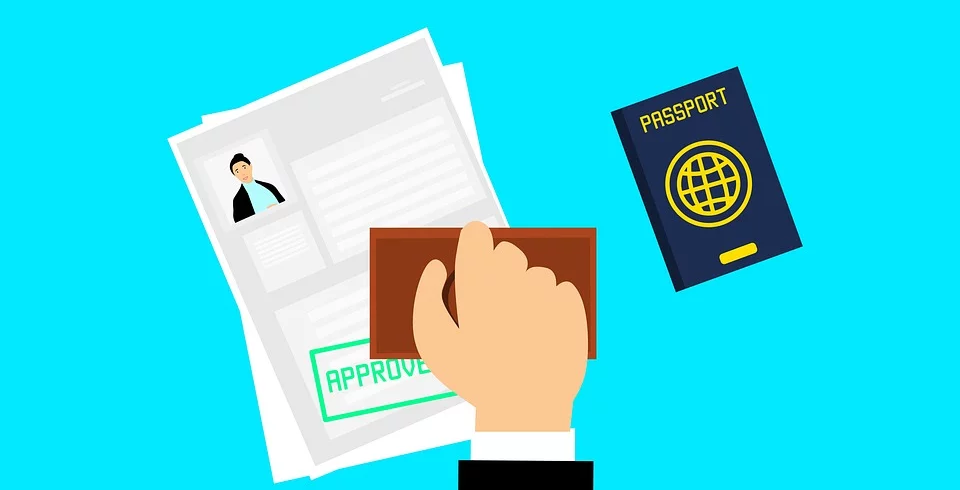Retiring and deciding to spend the rest of your life in Thailand comes with several concerns. One is, how do you withdraw money from your bank account without having to pay exorbitant fees? Using your Automated Teller Machine (ATM) card is possible wherever you are in the world, but it comes with a hefty tee for each withdrawal.
The idea is to open a bank account in Thailand. There are two types of accounts that you can open in Thailand and these are, namely, the Resident Baht and Foreign Currency Deposit accounts. Since you’re retiring, it’s highly recommended to open a Resident Baht account because you’ll be dealing in local currency anyway.
Of course, a Foreign Currency Deposit is handy if you want to withdraw foreign currency, i.e. US dollars, for various reasons like going on a holiday in a country outside Thailand. Most expatriates do this to take advantage of the foreign exchange.
Why Open a Bank Account in Thai?
There are a lot of benefits to opening a local bank account for retirees like you. To summarize, you’re actually saving money on your withdrawals and transactions because of the following reasons:
Banks automatically convert whatever currency you transfer to your account into local baht, without charging conversion fees.
You can use the ATM card associated with the bank account as a prepaid debit card, also without any transaction fees as opposed to using an international ATM card. You don’t even need to carry cash around.
You can withdraw and deal in local currency as easily as you would with your own currency in your home country.
How to Transfer Money to your Thai Baht account?
The Internet nowadays make it possible for you to transfer funds from your bank account in your home nation to your local Thai Baht account. Banks themselves have inter-banking transactions possible through their website: all you need is just the SWIFT number of your Thai bank and your bank account number.
There are also various money transfer services online that lets you transfer money instantly to your Thai bank account if you need the cash in a hurry. They charge transaction fees, but the convenience is well worth it. There are no conversion fees involved when the money is transferred to your account anyway.
Requirements
To apply for an account, you’ll have to approach any of the banks in Thailand and present specific documents. These include:
Passport and work permit, if you’re working in Thailand
Permanent residents, like retirees, will need to present their passport together with their residence certificate or, alternatively, alien registration certificate.
For tourists and temporary residents, the bank will require a passport and letters of endorsement from either the embassy, a staff within the Bank, a high-ranking corporate official or a letter from your bank overseas. A driving license could also qualify as an endorsement document.
A bank account in Thailand will come very handy for businessmen who are staying for long-term in the country, and for expatriates looking to spend their retirement in the Kingdom.
Want to read more articles like this? Check our Blog site.
Photo credit : asia.nikkei.com






